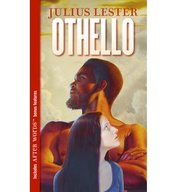
Julius Lester is a prolific author who has a considerable contribution to children’s and young adult literature. He has several awards, including a Newbery Honor, Lewis Carroll Shelf Award, Coretta Scott King Award, and a Coretta Scott King Honor for a complete list look here. He is a major contributor to the ongoing dialogue about race and social justice. An interesting interview is included on the scholastic website. Early on in graduate school, a colleague introduced me to Julius Lester. It was a tremendous gift. I quickly found his re-imaging of Shakespeare’s Othello. It would be hard to imagine a better introduction to the bard’s classic play. Not only does this book lead students through a pre-reading of a classic play, it guides students to rest of Lester’s books.
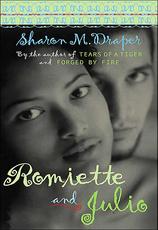
| My last selection is E. Lockhart’s We Were Liars (you can find an additional link here to a tumblr site). If you know me or have taken one of my classes since the publication of this book, then you know I can’t stop singing its praises. I loved it from the very beginning. In part, I love the novel because I have a tremendous appreciate for King Lear. I think it is one of Shakespeare best plays and it isn't taught nearly enough in high school settings. The other part is that I think E. Lockhart is a fantastic writer and, with this book, she demonstrates that she deserves any of the accolades she has previously earned and we can expect more great things down the road. The book deals with fairy tales, class, race, and complicated family relationships. It wouldn’t be fair to describe the book much more. It has a complicated plot that twists and turns as the story unfolds. Some readers quickly divine the clues and seem to be in sync with the author. I never figured it out. Frankly, I did not want to, I was immersed in the style, the characters, and the “mystery” of the book. Sophisticated adolescent readers will love this book and gain a better appreciate of King Lear if they have read the play before. If they haven't, it is a good introduction to the problematic family relationships that the play unfolds. This work won’t destroy or distract from King Lear any more than Jane Smiley’s wonderful novel A Thousand Acres_ did over twenty years ago. Great themes withstand and amplify a retelling of seemingly familiar plots. |
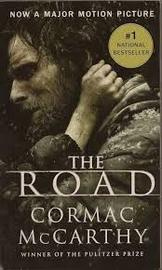
*I use “adult” here loosely, I might just as well say books from the canon or books that are written that assume a cultural context or levels of life experience beyond that which most adolescents have acquired. I think the term is a loose dividing line. Many adolescents can read “adult” books, but others need more nurturing in the skill of reading by trying out how their responses to a plot, a character, a theme, or symbol might be altered or amplified by a closer analysis. I love Cormac McCarthy’s The Road, but I am not sure I would teach it as a whole class novel or offer it to every kid. They might need exposure to Huck Finn, Brave New World, The Lord of the Flies, or The Things They Carried before they are ready for the bleak apocalyptic journey of a father and a son.
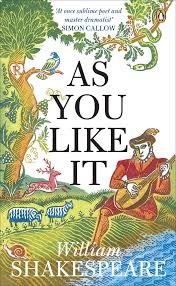
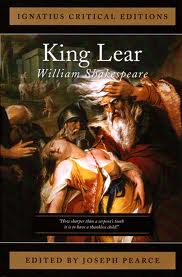
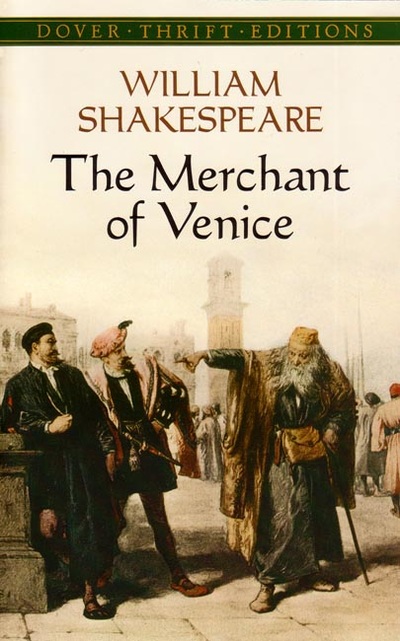
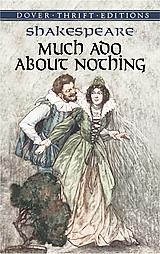
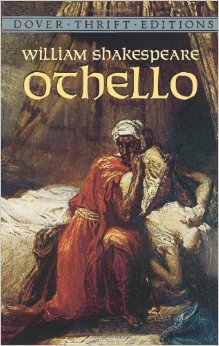
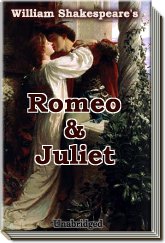
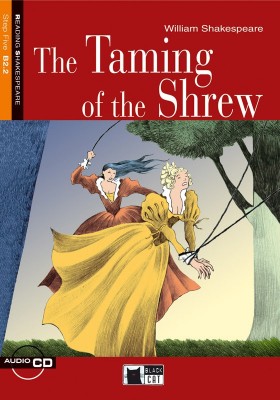
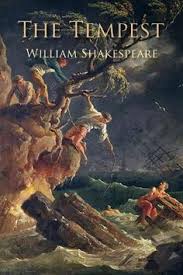
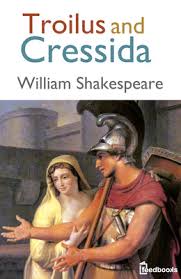
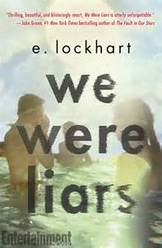
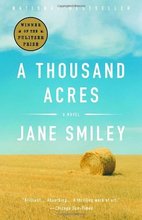

 RSS Feed
RSS Feed